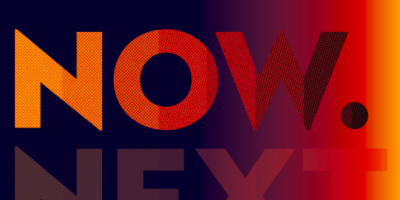
Relative Privilege in a World of Suffering
YAEL SCHONBRUN is an assistant professor of clinical psychology at Brown University and a co-host of the Psychologists Off the Clock podcast.
Brandishing the Captain America shield we crafted out of duct tape and a Tupperware lid, my three-year-old proudly said, “Mommy, you will never be alone. I will always be protecting you.” I told him (very seriously) that I appreciated it.
Later, though, I half-joked to my husband that our son had just confirmed my deepest fear: I’ll never again have a moment alone.
In a larger world of suffering over health, economic crisis, and horrifying social injustices, I’m almost embarrassed to admit that pandemic working parenthood has been hard. Like many female co-parents with the more flexible job, I’ve taken on the bulk of parenting for our three boys. I yearn for a better choice than snippets of work time with three hyper bodies bouncing off the walls or getting work done after an exhausting day of parenting is done. I pine for rest and I fantasize about alone time.
At times I feel ashamed. I have no right to complain.
I am with my small superhero and his two big brothers, enshrined in my privilege of having a job, health, a stable residence, and White skin. But as I often tell patients who see me for therapy (virtually, now), pain doesn’t acknowledge hierarchy. If you stub your toe, it hurts. It hurts even if your neighbor has broken her leg. It hurts even if your neighbor has shattered his spine. To be sure, your neighbor isn’t likely to rush over to console your toe pain. But you don’t do yourself any favors by pretending your toe doesn’t hurt.
Pain—physical and emotional—is meant to be felt. Without pain, we can’t know when something has gone awry, we can’t determine what problems need to be addressed, and we are without a compass toward healing.
We need to open up to our pains, even as we contextualize them in the larger world. For parents during this time it means the weariness of never having a moment alone, the exhaustion of needing to work late into the night to make up for the day you spent parenting is real. The injustice of women taking on more childcare burden and suffering greater loss of work is real—as is the peril facing the long-neglected childcare industry which so many depend on, and the fear that gains in gender equality both at home and work will be undone if these trends continue.
All this is accompanied by the broader horror of the hundreds of thousands of lives lost to Covid-19. And the horror of fellow humans being brutalized—yet again—by those meant to keep them safe.
All of this pain needs our thoughtful attention. If we are willing to let it in, that pain will teach us what matters to each of us, and to our society. And that clarity in “what matters” can become a superpower guiding us towards a better future.



